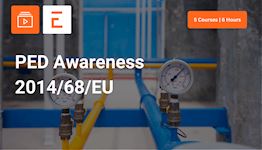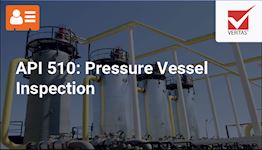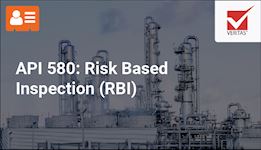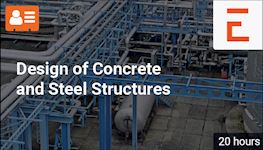Tank Inspection, Repair, Alteration and Reconstruction conform API 653
Tank Inspection, Repair, Alteration and Reconstruction conform API 653
About the course
The API 653 standard states the requirements for maintaining the integrity of steel storage tanks after they have been placed in service, and addresses inspection, repair, alteration, relocation, and reconstruction. The API 653 specification is applicable for steel storage tanks built according to API 650 or its predecessor API 12C.
During a 3 day instructor led virtual course the API 653 requirements will be explained from a managerial and business prospective. Thereby giving the participants a working understanding of the API 653 requirements. Detailed explanations of all the information and techniques covered in the API 653 'Body of Knowledge' are given, including the ASME welding requirements for storage tanks built to ASME section IX and API 650.
The course consists of 6 online live instructor led sessions spread across three days. All training content is provided through your EngineeringTrainer account.
Learning Outcomes
After this course, you...• understand the information covered in the API 653 'Body of Knowledge' including ASME welding requirements for storage tanks sections IX and API 650. This includes ASME non• destructive testing principles and application of ASME section V.
• have seen how to conduct a review of a steel storage tank designed to API 650 including weld sizes, tank nozzle reinforcement, brittle fracture, weld efficiency factors and post weld heat treatment.
• have a sound overview of how the API 653 is applied for inspection, repair, alteration and reconstruction of tanks.
• will be familiar with the inspection intervals, inspection requirements and their relationships to ASME codes.
• can determine corrosion and minimum thickness and calculate the remaining life of a component
• will understand inspection and degradation mechanisms of API 575, cathodic protection and internal coatings for storage tanks.
Who should attend this course
Those working for organizations that are working & using the API 635 Specification, such as:• Tank inspection engineers
• Plant operations engineers
• Plant Managers
• Inspection personnel
• Quality System Auditors
Prerequisites
General piping design backgroundProgram & Details
-
Suitability for Service
Live
1. Tank Roof Evaluation
2. Tank Shell Evaluation
3. Tank Bottom Evaluation
4. Tank Foundation Evaluation -
Britte Fracture Consideration
Live
1. Considerations
2. Assessment Procedure -
Inspection
Live
1. Inspections from Outside the Tank
2. Internal Inspection
3. Alternatives to Internal Inspection
4. Checklists, Records and Reports
5. Non-destructive Evaluation (NDE) -
Materials
Live
1. New Materials
2. Original Materials for Reconstructed Tanks
3. Welding Consumables -
Design Considerations for Reconstructed Tanks
Live
1. New Weld Joints
2. Existing Weld Joints
3. Shell Design
4. Shell Penetrations
5. Windgirders and Stability
6. Roofs
7. Seismic Design -
Tank Repair and Alteration
Live
1. Removal and Replacement of Shell Plate Material
2. Shell Repairs using Lap-welded Patch Plates
3. Repairs using Non-metallic Materials
4. Repair of Defects in Shell Plate Material
5. Alteration of Tank Shells to Change Height
6. Repair of Defective Welds and Penetrations
7. Addition or Replacement of Shell Penetrations
8. Alteration of Existing Shell Penetrations
9. Repair of Tank Bottoms
10. Repair of Fixed Roofs
11. Repair of Floating Roofs
12. Hot Taps -
Dismantling and Reconstruction
Live
1. Cleaning and Gas Freeing
2. Dismantling Methods
3. Reconstruction -
Welding
Live
1. Welding Qualifications
2. Identification and Records
3. Alternatives to PWHT
4. Safety -
Examination and Testing
Live
1. NDE
2. Radiographs
3. Hydrostatic Testing
4. Leak Tests
5. Settlement Survey -
Marking and Record keeping
Live
1. Nameplates and Recordkeeping
2. Certification
Certification
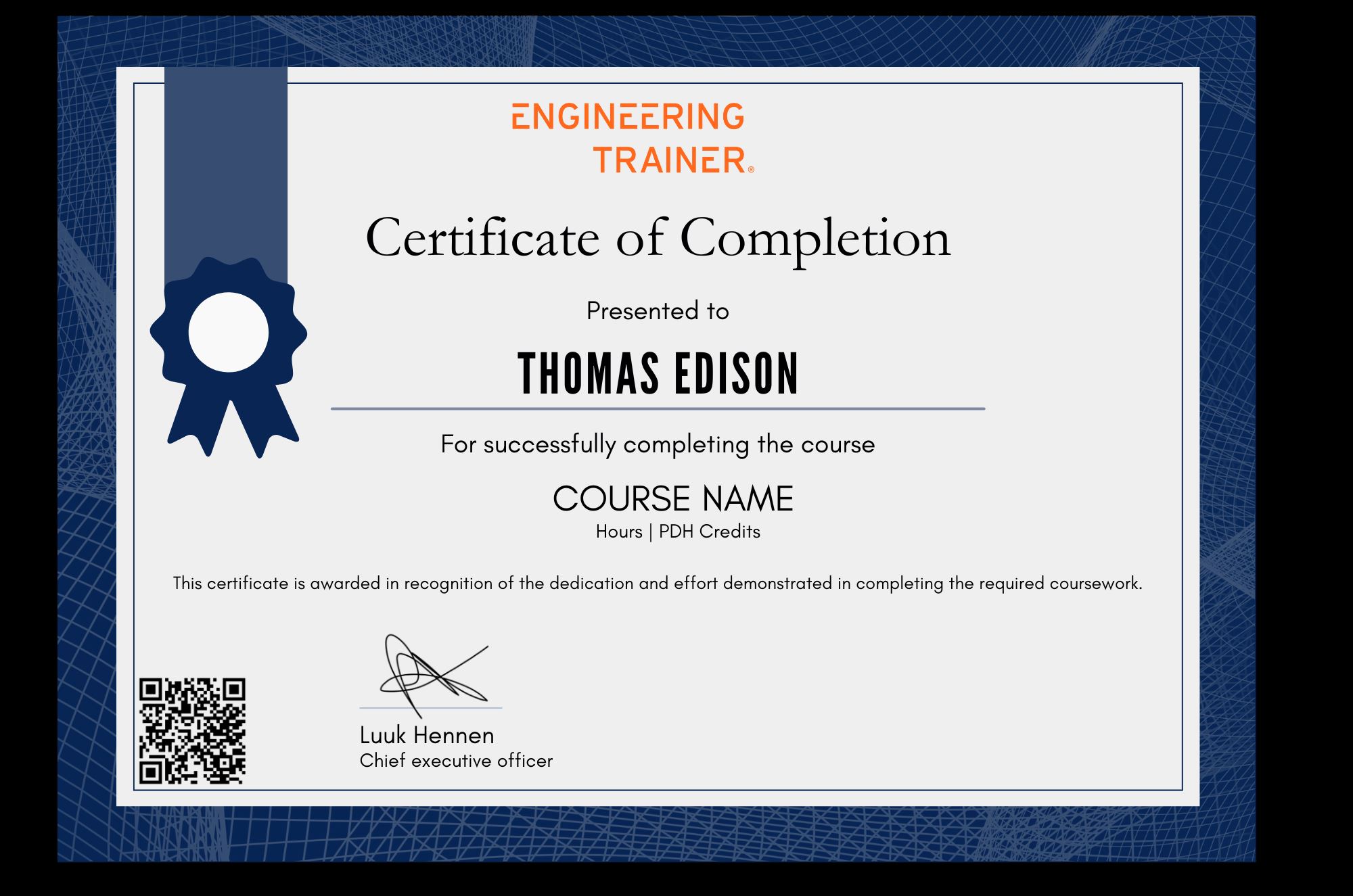
Contact us to Learn More

Why choose EngineeringTrainer
-
Unlimited Team-wide Access
-
Advance Technical Competences
-
Courses by Industry Authorities
Since using EngineeringTrainer our internal mentorship has a much more matured character.
Logan Chapman - COO at Chapman Consulting Inc.






